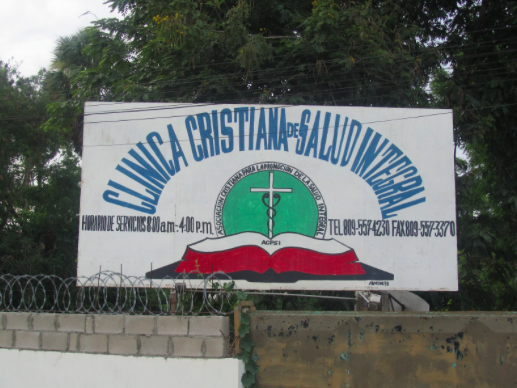day two in the dominican republic: missions trip vs. cultural exchange
On Saturday night, I took a cab from my hotel to the airport and met the rest of the team when their flight landed. We spent the night at a hotel in Santo Domingo, then climbed into a small bus, and the 12 of us made the three hour drive north to a neighborhood (barrio) outside of San Juan. On the drive, the leader of the trip -- Chris, a professor of communications and public health at Ohio Northern University -- told us more about the country, and about the work we were going to engage in over the next seven days.
Chris teaches classes on international aid and ethics. In those class, she gives no quizzes or tests because, she says, exams suggest that there is a "right" answer and, when it comes to issues of international aid, Americans traveling to and serving in developing countries, and finding the best way to serve and empower impoverished communities, there are often no clear, or "right" answers. Engaging in international aid requires thoughtful consideration, dialogue, empathy, humility and the wisdom to know when your "help" is doing more harm than good. (For more on this, I highly recommend books like When Helping Hurts and Toxic Charity.)
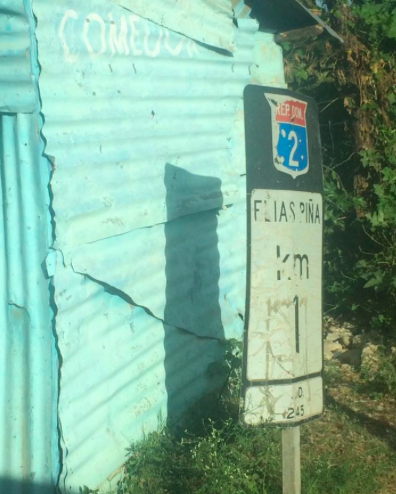
Chris doesn't call our trip to the Dominican Republic a missions trip, or a service trip, or a work trip. She calls it a cultural exchange. Using her hands, she spreads them wide and says, "This much of the trip is about listening to Dominicans, learning about the people and their culture." And then, her hands much closer together, she adds, "And this much of the trip is about us being able to meet some of their needs." (In this case, meeting their medical needs by putting on neighborhood clinics.)
Our small bus rattles along the narrow road that leaves Santo Domingo and begins to wind up towards the mountains, where Dominican coffee is grown. The foliage outside the windows is lush and dense and green. Mist settles over the mountains as a shroud that obscures the peaks.
Plants with magenta and crimson blossoms line the roads.
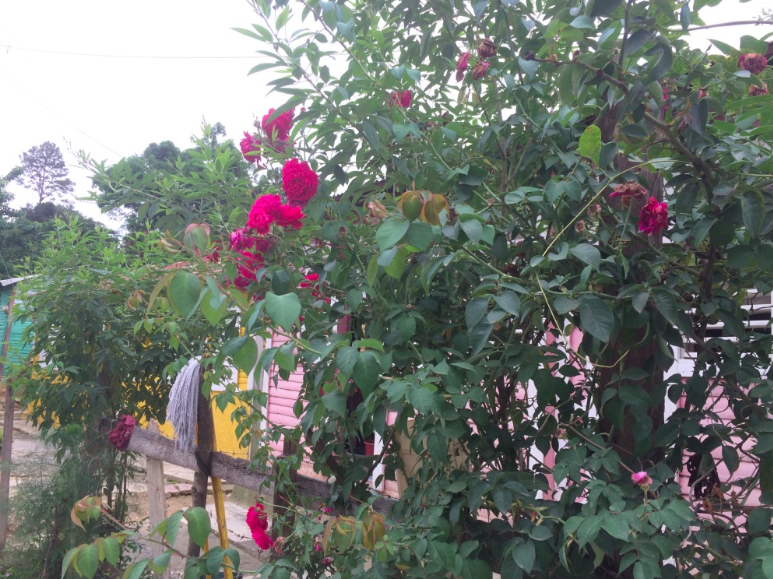
Mopeds weave between cars at, what seems to me, an alarming and unsettling speed -- especially since the moped drivers and riders are not wearing helmets.
Expansive fields of corn and beans, as well as groves of banana plants and coconut trees, are dotted with small, one-story homes made of concrete walls and corrugated tin roofs.
It's my first time in the Dominican Republic. It's a spectacularly beautiful country, and the landscape alone makes me feel exceptionally lucky to be here.
I lean my head against the window and think about Chris's wise words.
I'm not here as a white American savior to rescue people in a developing country.
I'm not here as the answer to all of the issues the DR faces.
I'm not here to dispense all of the financial and medical resources I have, only to turn around and go home without receiving anything myself.
I'm not here as a favor to the Dominican people.
I'm not here because I have more and they have less.
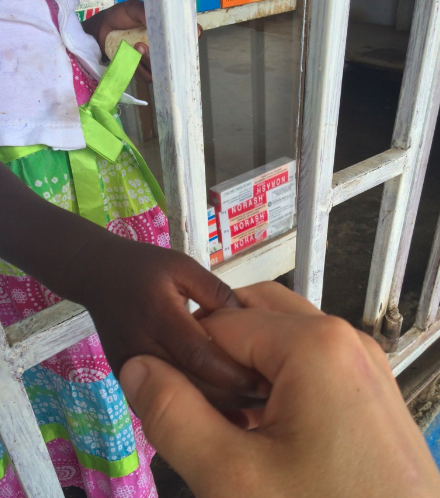
So why am I here? What's the point of, as Chris says, a cultural exchange?
I'm here in the DR to meet brothers and sisters I never knew I had.
I'm here to develop a relationship with the beautiful people here. By definition, relationships always entail mutual giving and receiving -- a horizontal exchange, never a one-way vertical pipeline of aid.
I'm here to share the resources I have (in this case, medicines I've been able to purchase with my money and the donations people made towards my trip, as well as my medical skills to do home visits and see patients in clinic.) And I'm here to experience and receive what the Dominicans have to offer.
I'm here to teach them about preventive medicine, diseases and prescriptions. But I'm also here to learn from them about how to be hospitable, how to live with less, how to live in interdependence (true community) rather than the fierce independence Americans so adamently preach and practice, and how to value people and relationships over efficiency and performance.
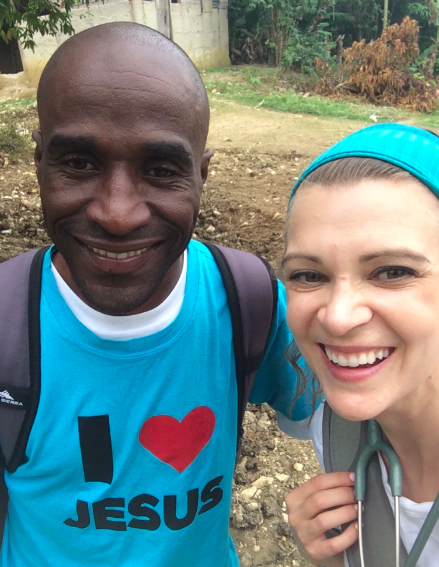
Going on missions trips can be somewhat of an ego boost, bolstering our opinion of ourselves, as well as improving our reputation with those who didn't take the risk of traveling to a developing country.
On the other hand, participating in a cultural exchange is humbling, making me realize all the ways in which my culture and I are deficient and wanting, causing me to reflect on all the places in my life where I have little to give, and much to learn and receive.
The bus makes its final turn, and parks outside a large metal gate.
The clinic and the guesthouse -- and the adventure that's about to begin -- are waiting just inside.
